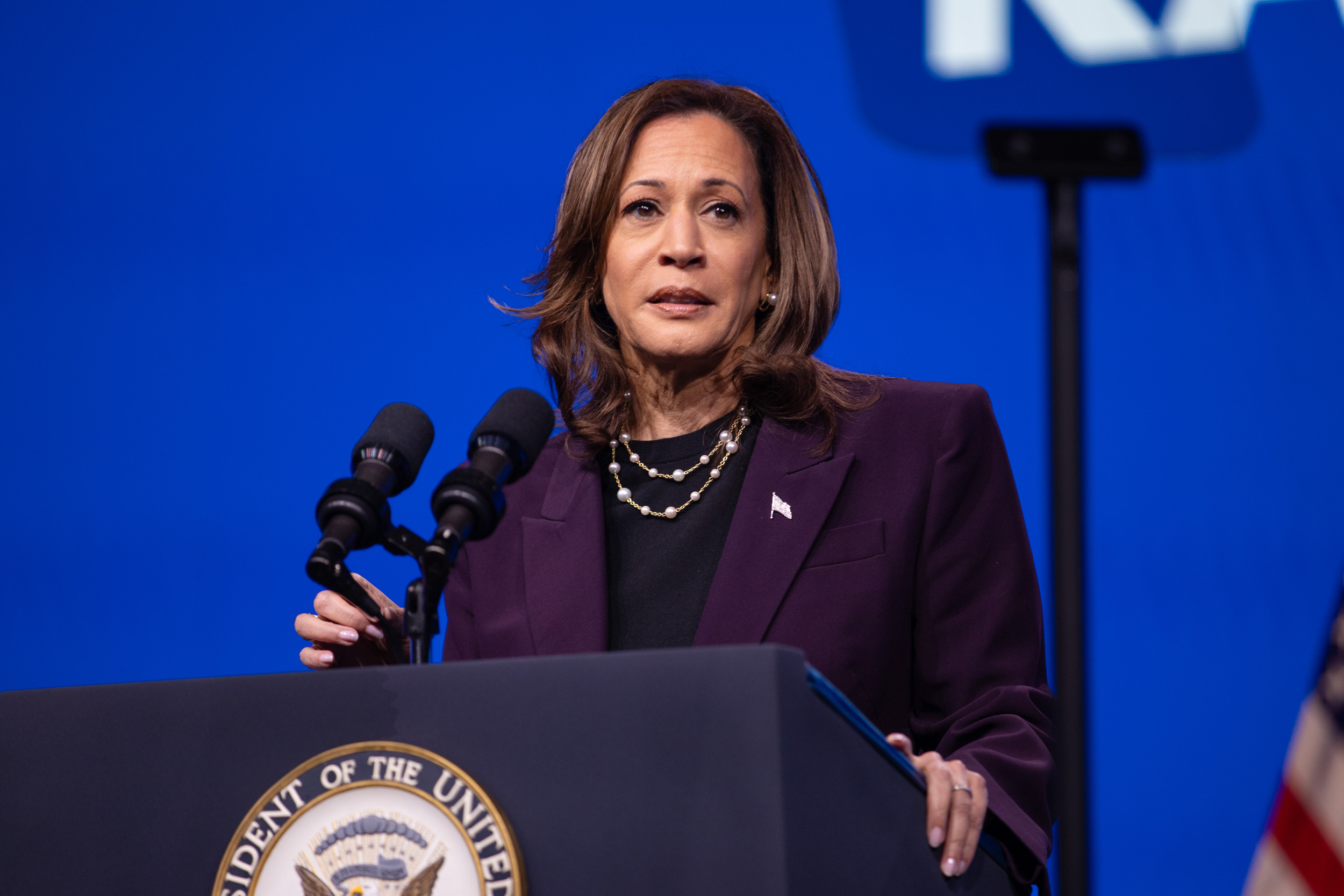The Florida Republican Party has expressed concern over recent polls indicating that former President Donald Trump might struggle to secure Florida in the upcoming 2024 election, describing the findings as “extremely alarming.”
“This headline is extremely alarming,” said Power in an email, which was shared by Chris Nelson, a Republican mayoral candidate in Fort Lauderdale, on X, formerly known as Twitter.
Power emphasized that it is crucial for conservatives to ensure Florida—Trump’s home turf—delivers a decisive win for him in November. He acknowledged that these polling results complicate their efforts but asserted their determination to counteract Vice President Kamala Harris’s momentum and reclaim Trump’s significant lead.

Once a battleground state, Florida has solidified its reputation as a conservative stronghold in recent years. Trump won the state in both the 2016 and 2020 elections, while Governor Ron DeSantis was re-elected by a landslide in 2022. Currently, Republicans outnumber Democrats in voter registration by approximately 1 million.
However, Trump’s previously substantial lead has dwindled since President Joe Biden withdrew from the race and endorsed Harris as the Democratic nominee, who is set to officially accept her nomination shortly.
David Paleologos, director of the Suffolk University Political Research Center, remarked to USA Today that “what was an easy drive through the Sunshine State is becoming a drive with caution.” Harris is still considered the underdog, albeit closing the gap more than anticipated.
Polling after Biden’s exit has shown Trump leading Harris by margins of six to eight points in Florida. Yet, more recent surveys suggest that Trump’s advantage may be tightening, signaling a potentially competitive election in November.
A specific poll from the Florida Atlantic University Political Communication, Public Opinion Research Lab (PolCom Lab), and Mainstreet Research USA, conducted between August 10 and August 11, revealed Trump’s lead over Harris at just 3 points.
“The narrowing gap between Trump and Harris is consistent with a tightening seen in other states,” noted Kevin Wagner, a political science professor and co-director of the PolCom Lab. “If this trend continues, we could be looking at a competitive race in Florida.”
